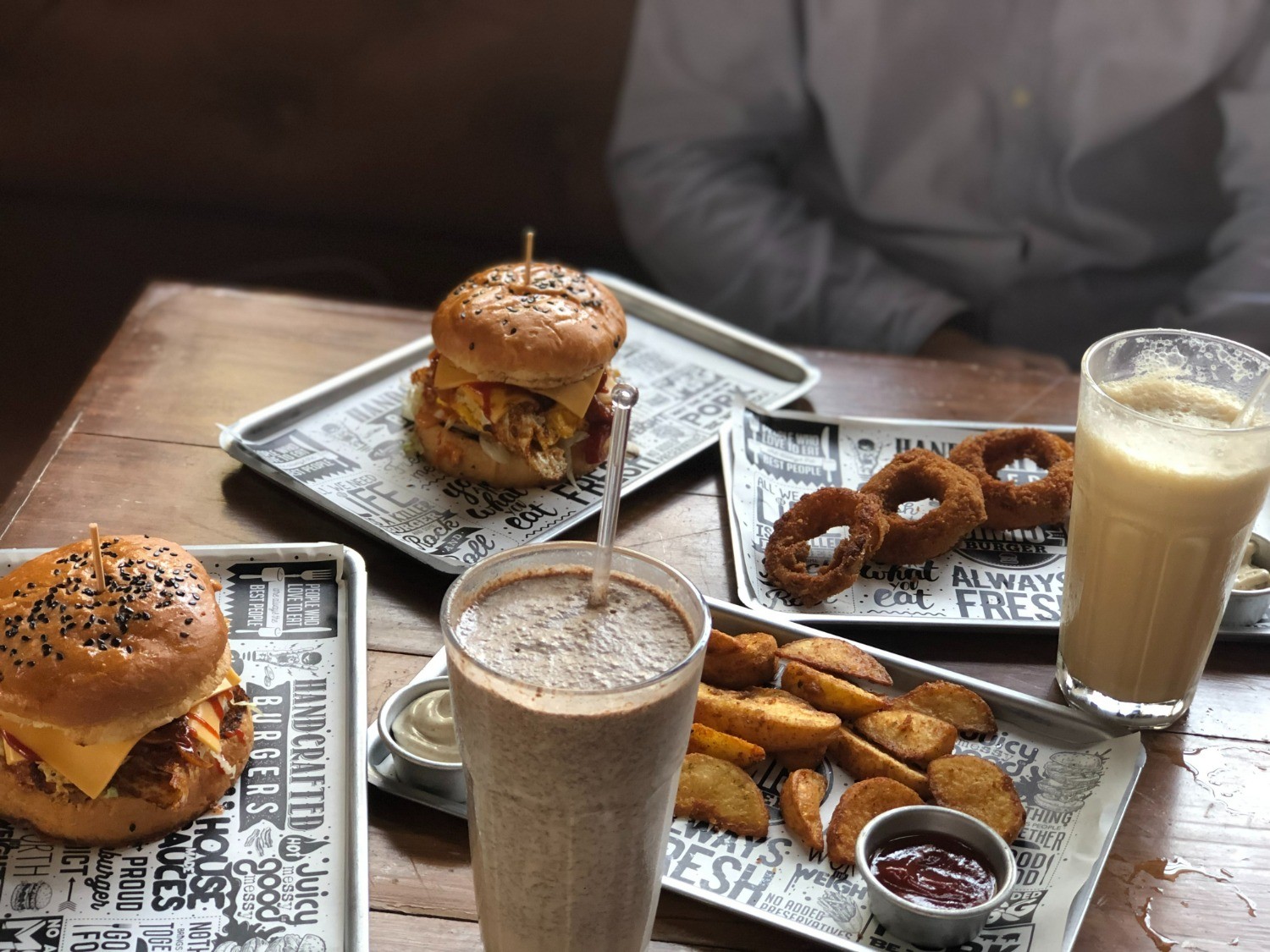Stress does not only decrease the quality of your life, but it can also result in weight gain. Check out eight stress-induced habits you should give up right away!
A stressful event can cause changes to our behavior and lead to both weight gain or weight loss depending on your reaction. Whether it’s a job change, loss of a loved one, adverse financial situation or a global pandemic, these 8 stress-induced eating habits commonly occur when individuals feel emotional or physical tension.
Eat tasty food and lose weight with Unimeal app!
Take a Quiz – Get personal meal plan – Achieve your weight goals!
Start QuizThe increased levels of cortisol in your body are caused by stress. However, many people get short-term relief from this stress by eating snacks. This can manifest into constantly craving unhealthy foods and eating to feel better.
When stressed, people often fall on one of two ends of the spectrum. They’re either emotional eaters who crave food in order to feel better, or they entirely lose their appetite. If you’re someone who loses their appetite when stressed when they may skip meals altogether. You could also skip meals simply because you don’t have the proper time to eat. You often see this with job stress – breakfast or lunch isn’t eaten because the person is running late or has something scheduled during that window of time.
Who wants to cook when they’re stressed? You’re much more likely to stop at a fast-food restaurant, and their food is often high in both sugar and fat. This means you never get the same nutritional value as a homecooked meal.

Depending on what’s causing your stress, you may forgo exercise. For example, if a high-pressure job is interfering with your life, it’s unlikely you’re making it to the gym. Likewise, if you just lost a friend or family member, you may lose all motivation to workout. This cause can cause a domino effect on your diet.
Chronic stress can often cause our bodies to crave sugary, salty, and fatty foods. Because these foods are typically unhealthy, they can lead to weight gain.
Water helps keep our bodies balanced, but people who are stressed often forget to drink enough, which can cause major disruption. Even when you’re dealing with life’s challenges, drinking water is crucially important to your body, and it can help prevent other stress-induced eating habits on this list. For instance, many people confused thirst for hunger and eat more as a result. Therefore, keeping up with your daily water intake and drinking an entire glass of water whenever you feel hungry can sometimes eliminate an unnecessary, stress-induced need to eat altogether. Other times, it helps you feel full at the end of your snack or meal.

When stress-induced eating causes you to gain weight, you may be tempted to try out that new diet you’ve seen celebrities or influencers doing. However, these fad diets are often dangerous and imbalanced. They cut out entire food groups and can be unhealthy in the long-term.
Stress impacts nearly every aspect of our daily life including those 8 hours you’re supposed to get every night. When you have trouble sleeping, you’re less likely to fight the urge for those high-fat, high-sugar foods that have such a poor impact on your health.

Unimeal does not diagnose or suggest treatments. Any description of the diet, training plan or supplement should be discussed with your current physician or nutritionist. This article does not address specific conditions and is simply meant to provide general information on healthcare topics. Following any advice is at your own initiative and does not impose any responsibility on the blog authors for your health and safety.